
According to the company, VQ-101 is the first small molecule to show over 75% activation of the lysosomal enzyme GCase in humans, with phase 1 results in healthy volunteers indicating tolerability and exposure levels that support once-daily dosing.

Isabella Ciccone, Content Associate, NeurologyLive®, has been with the team since September 2022. Follow her on X @iciccone7 or email her at [email protected]

According to the company, VQ-101 is the first small molecule to show over 75% activation of the lysosomal enzyme GCase in humans, with phase 1 results in healthy volunteers indicating tolerability and exposure levels that support once-daily dosing.

Initial findings showed significant improvements from baseline in the disease-specific, patient-reported quality of life scores in both the high and low dose AAV-GAD groups, with no significant change in the sham group at 26 weeks.

Nerivio, a nondrug option for acute migraine attacks and prevention of migraine with or without aura, has been FDA-approved for several years in adolescents aged 12 and older as well as adults.

A previous 5-year analysis showed that pediatric patients with aromatic L-amino acid decarboxylase deficiency when treated with eladocagene exuparvovec experienced durable developmental, motor, and cognitive improvements.

The William S. and Lois Stiles Edgerly Professor of Neurology at Yale School of Medicine discussed the newly updated multiple sclerosis criteria, highlighting their focus on probabilistic assessment, advanced technology integration, and early intervention to improve patient care.
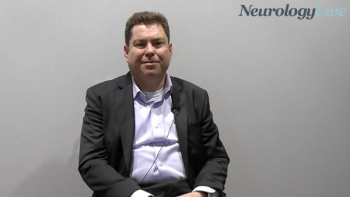
The professor of neurology and radiology at University of California, San Francisco talked about how the new appropriate use recommendations of donanemab aims to safely integrate this anti-amyloid antibody into the clinical practice. [WATCH TIME: 7 minutes]
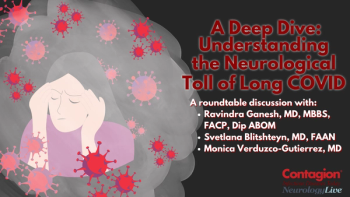
Despite advances in understanding and treating Long COVID, many questions about its mechanisms, susceptibility, and varied recovery patterns remain unresolved, underscoring the need for continued research.
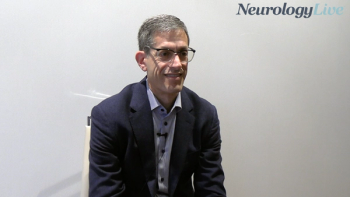
The CEO at C2N Diagnostics talked about the clinical utility of the company’s PrecivityAD2 test, which uses the p-tau 217 biomarker and amyloid-β measurements, to increase diagnostic confidence and influence treatment decisions in Alzheimer disease. [WATCH TIME: 7 minutes]
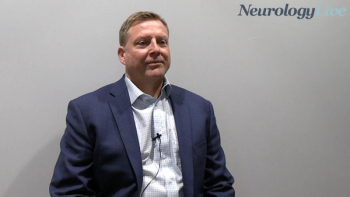
The chief operating officer at Quanterix Corporation talked about pioneering ultra-sensitive blood biomarkers for Alzheimer clinical diagnosis, aiming to enhance detection of brain-derived tau and amyloid status with innovative assays. [WATCH TIME: 4 minutes]

Catch up on any of the neurology news headlines you may have missed over the course of October 2024, compiled all into one place by the NeurologyLive® team.

Nina Miolane, PhD, and Amy Kuceyeski, PhD, the codirectors of the Ann S. Bowers Women's Brain Health Initiative AI Core, provided their commentary on the challenges and progress made in women’s neurology.
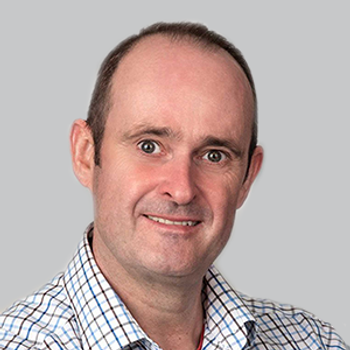
In previously reported data, AOC 1020 demonstrated a consistent reduction in double homeobox 4 regulated genes among patients with facioscapulohumeral muscular dystrophy at 4 months.
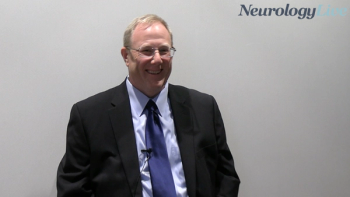
The head of global clinical development for immunology/bone at UCB talked about findings presented at CTAD 2024 from the phase 2 trial assessing bepranemab in Alzheimer disease. [WATCH TIME: 3 minutes]

Rapport Therapeutics’ is actively recruiting patients for its phase 2a trial investigating its lead therapy candidate RAP-219 among patients with focal epilepsy, with topline data anticipated in mid-2025.
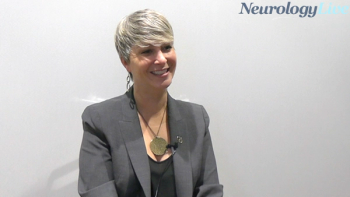
The vice president of scientific engagement at the Alzheimer's Association talked about the emergence of blood biomarker tests as valuable diagnostic tools for Alzheimer disease in the clinical setting. [WATCH TIME: 5 minutes]
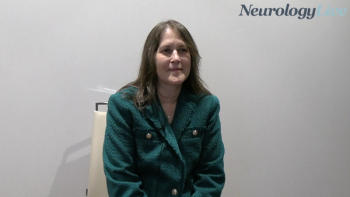
The professor of psychiatry and pharmacology at the University of Toronto talked about results from a post hoc analysis presented at CTAD 2024 that explored synthetic cannabinoid nabilone for agitation in Alzheimer disease. [WATCH TIME: 4 minutes]

A trio of experts from Sinaptica Therapeutics talked about recent findings presented at CTAD 2024 from a study assessing personalized transcranial magnetic stimulation in patients with Alzheimer disease. [WATCH TIME: 5 minutes]

STS101 showed promising results in previous trials, with significant pain relief and minimal adverse events reported, reinforcing its potential as a viable treatment for patients with migraine.

Clinicians discussed the complexities of diagnosing Long COVID, emphasizing the need for improved biomarkers and diagnostic technologies to better serve affected patients.

The senior director of research strategy at Banner Alzheimer’s Institute talked about improving clinical trial diversity through removal of logistical barriers, creating inclusive outreach strategies, and designing trials that address the unique needs of underrepresented populations. [WATCH TIME: 5 minutes]
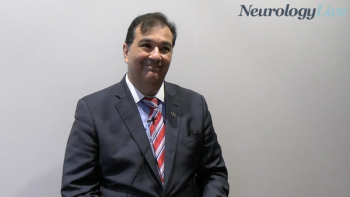
The director of the Banner Sun Health Research Institute talked about how the newly approved Alzheimer treatments have shown promise in slowing clinical decline, signaling a foundational shift toward disease-modifying therapies that target core biological processes. [WATCH TIME: 5 minutes]
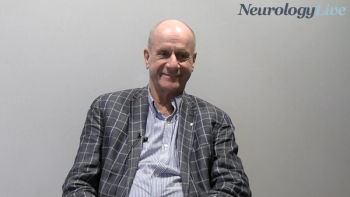
The professor of molecular geriatrics at Uppsala University talked about the research journey that led to the development of targeted antibody therapies for Alzheimer disease and emphasized the need for early diagnosis. [WATCH TIME: 5 minutes]
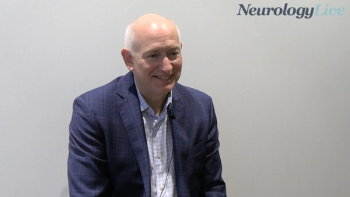
The chair of psychiatry at Tufts University School of Medicine talked about a recent study that suggested synthetic tetrahydrocannabinol could reduce agitation in patients with advanced Alzheimer disease. [WATCH TIME: 5 minutes]

The senior clinical research scientist at Acumen Pharmaceuticals talked about the company's approach to refining Alzheimer screening by implementing plasma p-tau 217 biomarkers. [WATCH TIME: 5 minutes]
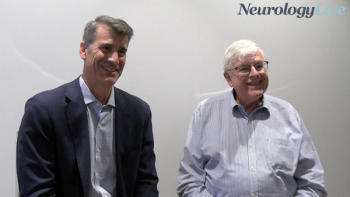
The head of dementia research at Austin Health and the chief medical officer at Cognition Therapeutics talked about recently presented phase 2 findings on CT1812, an investigational medicine for patients with mild to moderate Alzheimer disease, at CTAD 2024. [WATCH TIME: 5 minutes]
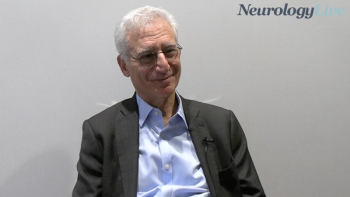
The cofounder and chief science officer of the Alzheimer's Drug Discovery Foundation talked about how Alzheimer disease treatment may evolve through combination therapies, adding potential anti-tau and anti-inflammatory agents to improve patient outcomes. [WATCH TIME: 5 minutes]

The indication lead of neurology at Roche Diagnostics International talked about the latest Alzheimer biomarkers that are aimed to transform diagnostic accuracy and accessibility as well as enhance early detection and treatment. [WATCH TIME: 5 minutes]
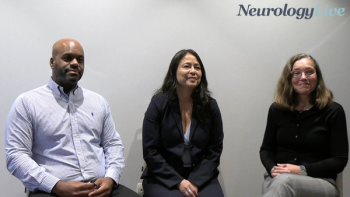
A trio of experts talked about Lexeo Therapeutics’ LX1001 gene therapy trial that demonstrated promising safety and biomarker effects in patients with early-stage Alzheimer disease. [WATCH TIME: 5 minutes]
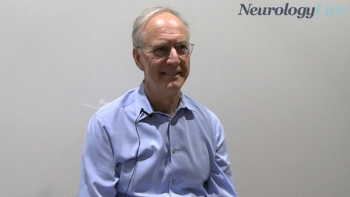
The chief medical officer at Cognito Therapeutics talked about a medical device designed to slow cognitive decline in patients with Alzheimer disease through gamma frequency brain stimulation. [WATCH TIME: 6 minutes]

The director of Child Neurology and Pediatric Sleep Medicine at Geisinger Janet Weis Children's Hospital talked about how the recent approval of once-nightly sodium oxybate for pediatric narcolepsy enables more effective and manageable treatment options for children and families.